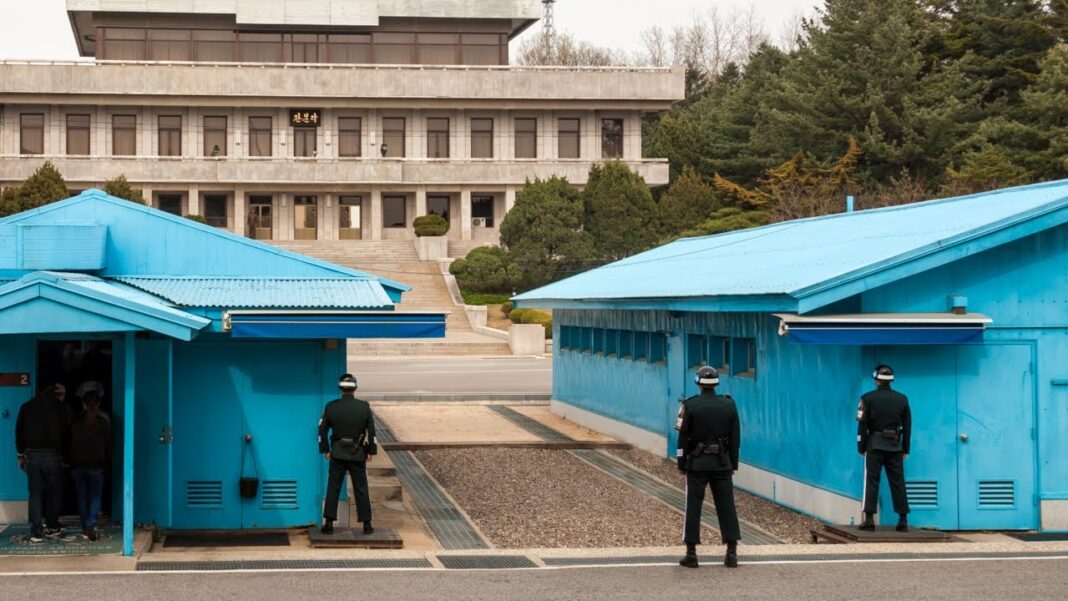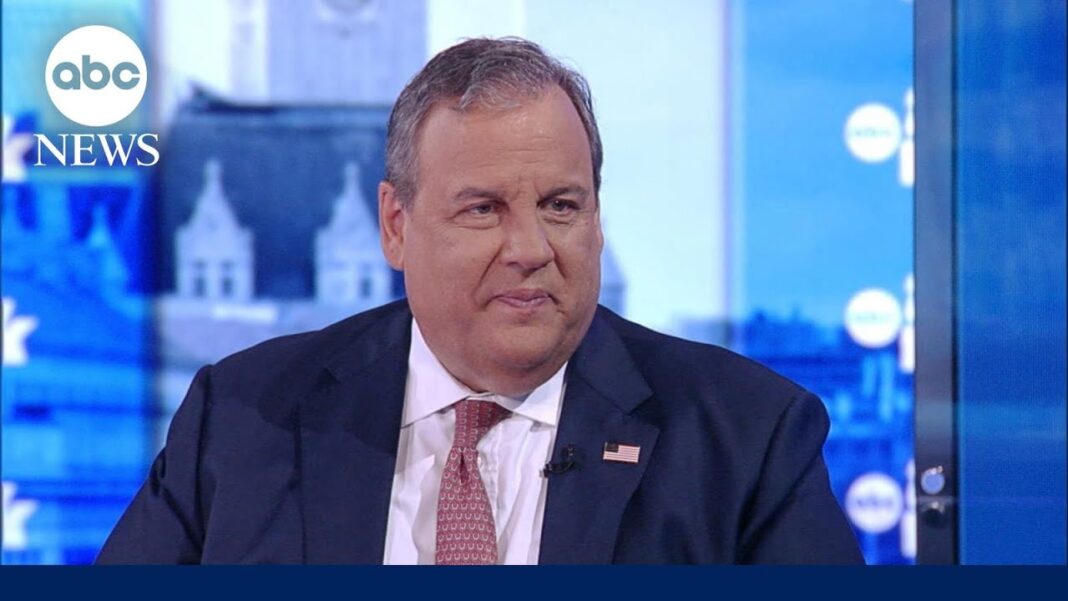China’s economy is facing its biggest challenge in decades, and authorities are running out of tools in their toolbox to address the issues, according to experts.
The country’s latest macroeconomic data point to an economy on the verge of deflation.
The June consumer price index was little changed year-over-year and down by 0.2 percent compared with May. The producer price index, which reflects wholesale costs, declined by 5.4 percent compared to June 2022, showing a bigger drop than May’s 4.6 percent.
June’s trade data continued to show a downward trend. The dollar value of China’s exports decreased by more than 12 percent year-over-year, a bigger drop than May’s 7.5 percent. Imports also declined by nearly 7 percent from June 2022, compared to 4.5 percent in May.
The troubles facing the world’s second-largest economy are multifaceted, including heavy debts in the property sector and local governments, the weakening of return to investments, low household confidence, and geopolitical tensions with the United States and the European Union, according to Gary Jefferson, an economics professor at Brandeis University and a specialist in the Chinese economy.
It’s the result of the regime’s policies over the past 30 to 40 years, he said.
While many have pointed to the massive disruptions brought about by the pandemic and the regime’s zero-COVID policies as the source of China’s current woes, Mr. Jefferson believes that structural issues are likely to blame.
“As evidence of the systematic nature of the problem, it appears that the decline in economic confidence and social confidence are mutually reinforcing,” Mr. Jefferson told The Epoch Times.
“The reluctance to partner and marry and have children likely results in part from and feeds into the economic downturn. Fewer families augur a decline in the demand for larger or upscaled housing units, further contributing to weakness in the property sector, leading to less demand for land leases and local government revenue.”
China is grappling with a declining birth rate even as the regime dropped its one-child policy in 2016 and has allowed families to have up to three children in recent years. Many couples have refused to have more kids, citing the high costs.
By Terri Wu







